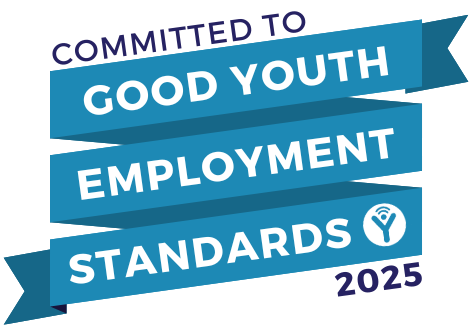A group of leading experts has launched a major study into managing process safety in high-hazard industrial sites. Control of Major Accident Hazards (COMAH) regulated ...
Training
Half of all British onshore high hazard sites have engaged in process safety training designed to reduce the risk of catastrophic incidents, new figures have ...
Adequately preparing for regulatory inspection is key to minimising the potential for a poor result.
What have we learned and how can we continue to improve safety culture?
Cogent Skills Associate Laurence Hilton reflects on the key principles of process safety, their importance on high hazard sites and who in the organisation is potentially liable if it all goes wrong
From improved levels of workforce psychological safety to a reduction in process safety related incidents, EPC-UK shares positive outcomes and lessons from adopting the Process Safety Management (PSM) training standards for high hazard industries.
What are the three key considerations when taking stock of competence management within your business?
As a process safety management (PSM) expert, you have a professional and moral responsibility to raise awareness of the importance of process safety within your own organisation, here are a few practical tips for achieving that all-important buy-in as you look to protect your people, your assets and the environment.
Within the first month of celebrating the NEBOSH silver status upgrade award – we’ve had our first success! A 100% pass rate in the NEBOSH ...
High Hazard and COMAH site leaders. Learn how to develop your own training content. Get planning tips, lessons learned, do’s and don’ts plus business outcomes ...
An industry resource article, sharing insight and lessons relating to Human Factors and Competence Management Framework Systems. Process Safety Critical Systems and Procedures Which Framework ...
Cogent Skills were very pleased to award Livent Lithium (UK) Ltd with the CIA’s Skills Award at the annual CIA dinner in June 2022. Livent ...







